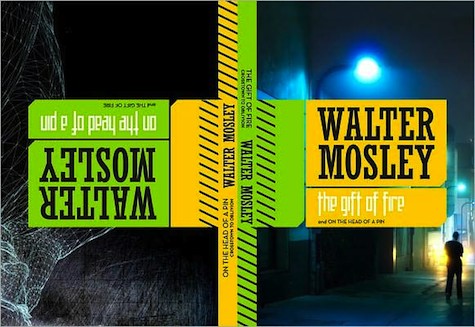In my opinion science fiction and fantasy writing has the potential to be the most intelligent, spiritual, inventive, and the most challenging of all literary writing. A good book of alternative reality creates an entire world, a skin that one can walk into and inhabit just as surely as we might walk out on the street in front our home.
All books create character and place but not all writing invents worlds. From Michael Moorcock’s Eternal Champion to Arthur C. Clarke’s billion future(s) we are taken by this literature so far afield that our minds fill with realities that just moments ago were not possible; not even imaginable.
When Octavia Butler takes the world away from those who believe they were the most important; when Roger Zelazny takes my mind and makes it the subject, and object, of supposition and transmogrification; when A. A. Attanasio plants the alien seed in my breast allowing it to grow and to change me into something not human but still thrumming with the ambivalent and persistent urgings of Life this is when solid creativity challenges the mind and spirit, heart and home.
In another way these many forms of alternative fiction take the political and turn it inside out. From Asimov’s Foundation trilogy to Collins’s The Hunger Games we are forced to see economics and technology as the motivating forces that are secretly, unconsciously, organizing and reorganizing our lives.
Harry Potter teaches us about racism and Samuel Delaney takes sex and makes it like the complex scentual system of a mysterious, maybe alien, flower and the bees that it enslaves to assure its survival.
Alternative fiction is not comfortable, not expected. There are heroes, yes, but the world they bring us stinks of change and betrays all the faith that we once had in the sky above our heads and the ground below our feet.
This is what I call realistic fiction; the kind of writing that prepares us for the necessary mutations brought about in society from an ever changing technological world. It is no different than when Marx warns us of an economic infrastructure designing our social relations; when Freud tells us that our most important mental functions are unconscious and nearly unapproachable; when Einstein says that what we see, believe, and even what we’ve proven is all made up when piled next to the real God of existence Relativity; when Darwin says that we are cousins to the redwood and fruit fly, the woodpecker and wolf. This is what science fiction is all about. It’s our world under an alien light that allows us to question what we see and who we are seeing it.
And so I try, now and again, to enter the strange zone of the possible world that denies the rules set down by professors, confessors, priests, presidents, and wartime generals. Only in this world can I question my humanity in a universe that has made me smaller than nothing, beyond redemption, but still breathing, still hoping.
This article originally appeared on the Tor/Forge blog and the May newsletter. Sign up to receive their newsletter via email.










